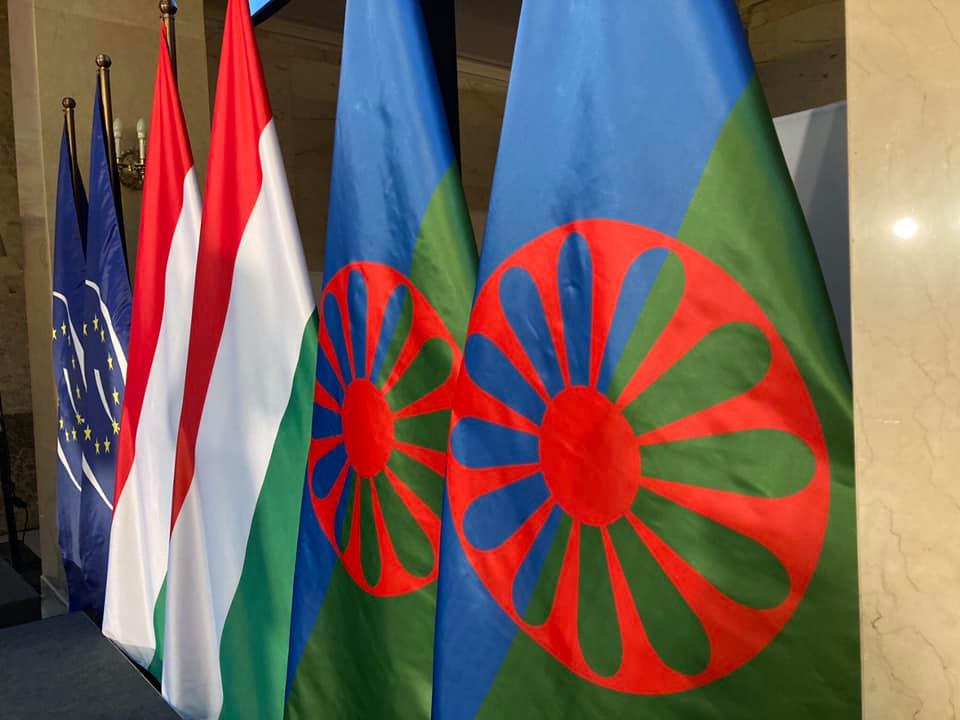
Consultation of „Hungarian National Roma Platform” took place
Consultation of „Hungarian National Roma Platform” took place
Yesterday, the Hungarian National Roma Platform continued its country tour: this time the consultation event virtually visited Üllő and Pest County, which was opened by Katalin Victor Langerné, Deputy State Secretary for Social Inclusion of the Ministry of Interior, represented by Gabriella Csoór, Head of Department.
Other speakers giving welcoming speeches at the online consultation included Félix Farkas, Roma nationality advocate, István Szabó, President of the Pest County Assembly, Katalin Szabó Kissné, Mayor of Üllő and Pál Rafael, President of the Pest County Roma Nationality Self-Government.
Ildikó Szabó-Fazekas from the Deputy State Secretariat at the Ministry of Interior presented the latest developments in social inclusion policy, while László Pájer, Deputy Director of the Directorate General for Social Inclusion spoke about the institution’s role in inclusion policy.
Dávid Kiss, a professional staff member from the Hungarian Charity Service of the Order of Malta, spoke about the long-term development programme for emerging settlements.
Then Ildikó Szabó-Fazekas from the Deputy State Secretariat presented the planned social inclusion programmes for the period 2021-2027.
The consultation continued with a section titled “Those who live and work among us in the county” and local good practices were presented. Zsolt Szomora, President of the Roma Nationality Self-Government of Üllő detailed the implementation of the programme titled “There is a melody in everyone’s heart” [Mindenki szívében van egy dallam] in the town of Üllő.
Györgyi Lakatos, the head of the Study Hall Foundation in Budaörs [Budaörsi Tanoda Alapítvány][1] reported on the operation of their experiences and results at the Platform.
Finally, Katalin Mezei, the director of the Burattino Primary and Secondary School presented their programmes and projects to increase educational opportunities for disadvantaged young people.
[1] Study hall (in Hungarian it is called Tanoda) are initiatives run by an organisation implementing after school educational programme aiming skill development, nurturing talent, cultural and educational activities of disadvantaged children including their families.
372 megtekintés
